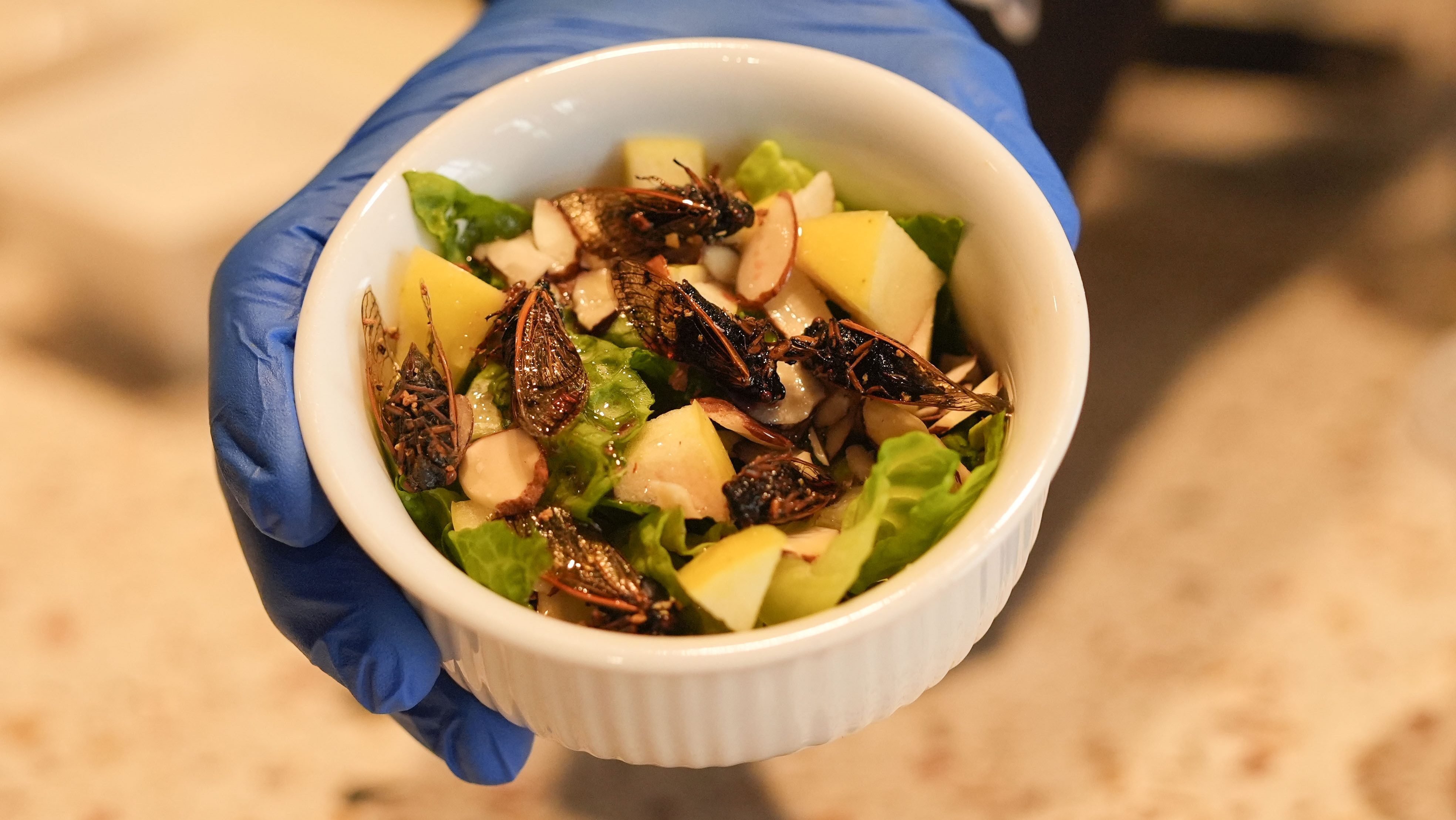The United Nations special envoy for Syria concluded Friday a marathon of "tough but constructive" talks in Geneva with an agreement from the conflicting parties to pursue further talks on a political transition to end the six-year war.
For nine days, and often late into the evening, seasoned diplomat Staffan de Mistura engaged proxy talks with a delegation representing the government of Syrian President Bashar al-Assad and three opposition groups that only convened at the opening ceremony.
Speaking to reporters after another long day of meetings, the envoy said the parties had agreed to return later in March to discuss four key issues — governance, a draft constitution, elections and counter-terrorism.
"The train is ready, it's in the station, it's warming up it's engine," he said. "It just needs an accelerator."
Setting the agenda proved a tricky task for this round of talks, dubbed Geneva 4, which aimed to restore hope in a negotiated solution to a conflict that has raged for six years and claimed, by most counts, nearly half a million lives.
The envoy said that after a ten-month pause it was unavoidable for procedure to dominate the talks but credited all sides for also addressing issues of substance. He noted Damascus had placed emphasis on discussing addressing terrorism while the opposition sought to keep the focus on talks of a political transition.
De Mistura warned that there are "people in Syria and outside who still believe there is a military option or a military solution."
U.S. & World
The day's top national and international news.
"That is fantasy," he said, adding that the United Nations would work in the coming weeks and months to settle the conflict. The envoy's strategy to prevent any of the issues on the agenda from becoming a sticking point that derails his diplomatic efforts has been to discuss them in tandem.
De Mistura said the Geneva talks had the support of key regional player Turkey, which supports the opposition, as well as the allies of Damascus, Russia and Iran. The three countries are the guarantors of a cessation of hostilities agreement mediated in Astana, the capital of Kazakstan.
The talks in Astana, like those in Geneva, are expected to continue. De Mistura said the efforts on these two fronts were complementary, with cease-fires leading to productive talks and productive talks in turn helping maintain cease-fires.
"If we don't have productive talks, (the) cease-fire won't last," he said. "We are really working hand-in-hand but there are two hands."
Meanwhile, in Syria, army units were clearing land mines and explosives left behind by Islamic State militants in the historic town of Palmyra after government troops and allied militiamen recaptured it from the extremists.
The military expects the process to be long and difficult due to the large number of mines planted by IS, a Syrian security official said, speaking on condition of anonymity in line with regulations.
Syrian troops fully recaptured Palmyra on Thursday after a push that saw the IS's defenses crumble and their fighters flee in the face of artillery fire and intense Russia-backed airstrikes.
It's the third time the town — famed for its priceless Roman ruins and archaeological treasures, which IS had sought to destroy — has changed hands in one year. The Syrian government seized the town from Islamic State militants last March, only to lose it again 10 months later.
Before the civil war gripped Syria in 2011, Palmyra was a top tourist attraction, drawing tens of thousands of visitors each year with its archaeological site, a UNESCO World Heritage Site, and historic citadel.



